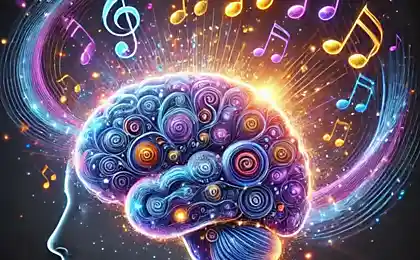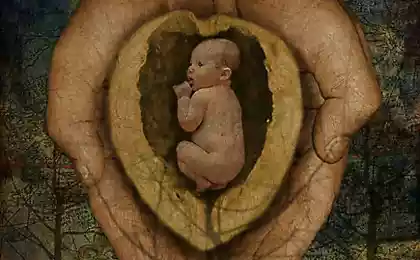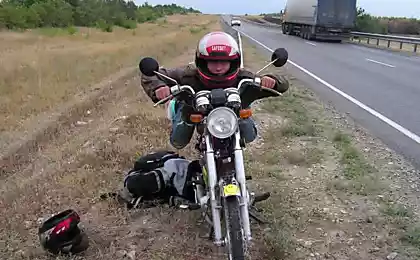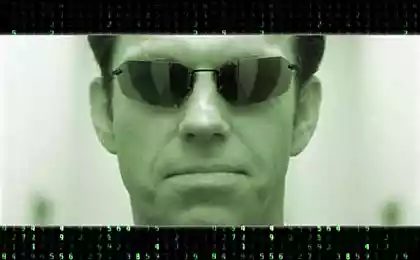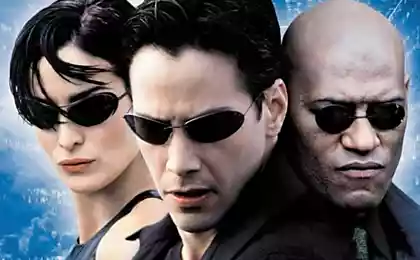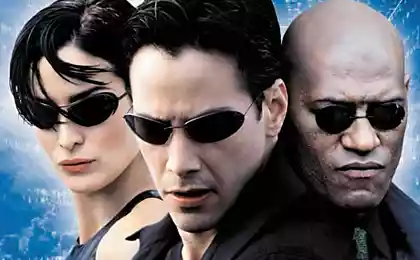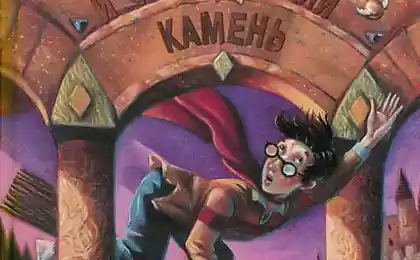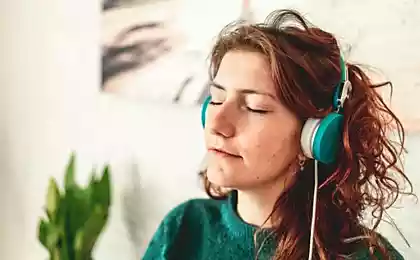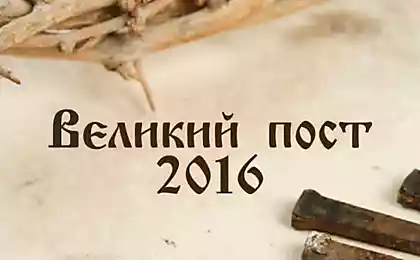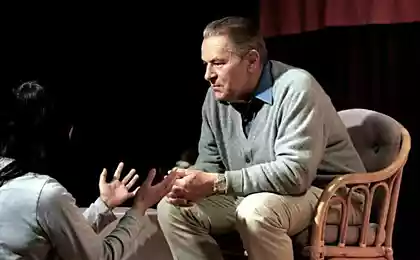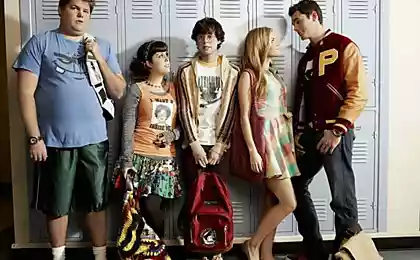1267
Education with super-human speed
Want to learn to play a musical instrument? Or can dance? Easy! Handheld computers can help you with this by acting directly on the muscle memory.
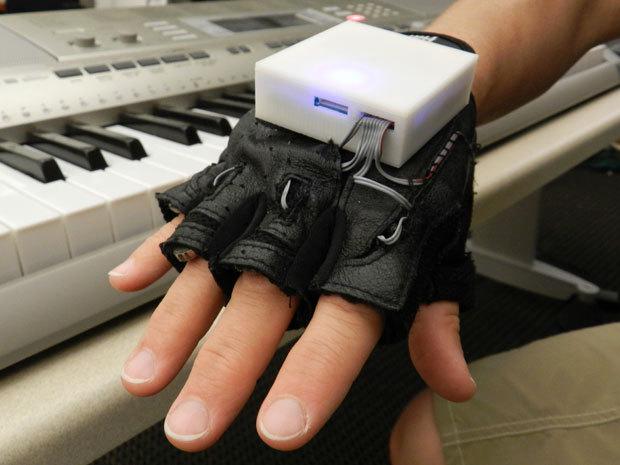
Look at this glove. Let you not deceive its apparent simplicity. This, at first glance, boring black leather fingerless gloves, which looks like any other of the sports shop, with the help of micro-vibration can speed up the process of learning, for example, the melody for piano!
"I have a glove that can teach you how to play the piano" - said to me Chad Starner , when I called him to talk about the future of portable computing devices. Currently, he is a professor at the Technical Institute of the State of Georgia, as well as technical leader Google Glass. His familiarity with the scope of wearable gadgets began in his student years at MIT in the nineties.
"While we talked, you'd be able to learn the" Amazing Grace "(Amazing Grace)», - he adds at the end of our conversation.
"Really? - I do not believe him - until we say? »
"Of course," - he says, and invites me to Atlanta so I can personally verify.
And now Caitlin Sejm , graduate student, puts the miracle glove on my hand. In each of the five holes for the fingers are flat vibration motor. All five are on my fingers and phalanges are connected to the micro-controller from the back of my hand. Diet has to program it so that it ran the motors on my fingers in a sequence that follows the one with which my fingers have to strike the keys of a piano.
But it still does not tell me what kind of song I'll learn. "You just feel a slight vibration," - she says, including electronics. Immediately after that, Starner leads me to look around in his laboratory. He is engaged in a myriad of different projects: a program interpreter for Google Glass, magnetic implant for language to give commands silent computer, smart vest that helps divers to "communicate" with the dolphins, "smart" toys for police dogs that trainers can better understand what that they are trying to show them, and many other amazing gadgets.
Times a minute, in the continuation of the next two hours, the motors come alive in my glove and I'm trying to parse a sequence: vzhzhzh middle finger ... ... ... ... Unnamed vzhzhzh vzhzhzh vzhzhzh ... ... Oh ... ... uh ... vzhzhzh vzhzhzh vzhzhzh ... ... Damn! i> «It is impossible," - I write notes.
Finally, Starner brings me to the piano. He plays the first part of the melody - 15 notes that the glove had to teach me. I recognize the melody - it's "Ode to Joy" by Beethoven. I take off my glove.
"Start from here" - says Starner, striking finger first key. I put my fingers on the keys ... Middle finger ... average ... nameless ... i> «I do not know" - I say apologetically.
"And you do not think about it" - says Starner.
And I start again: Medium ... Medium ... nameless ... pinky pinky ... ... ... ... middle nameless index ... i> «This is crazy!" - I said, continuing, however, to play. I finish the first part, the second and third start playing.
"Wait a minute! - Starner interrupts me - have you ever played this tune? »
"Never," - I answer him. And it's true, never took piano lessons. He lost a glove explores and discovers that it has been programmed "provibrirovat" all four parts - note 61, instead of 15, as he thought. He explains that students usually teach one part at a time.
I walk over to the piano again. The first few attempts are still difficult. Learn the melody falls, no matter what, but after a few minutes I can play the melody perfectly. I was not feeling that I came across one of his undisclosed talents and this I feel exhilaration.
"You've just know what to do, is not it?" - Notes Diet. She recently learned how to play "Ode to Joy" by wearing gloves while preparing the application for a new grant under study. "It was like looking at someone else's hands," - she made fun of me.
Starner and his colleagues believe that the multiple vibration that creates a glove, stimulate muscle memory, which in turn reduces the time needed to spend on rehearsal. They also studied the effect of gloves on people with spinal cord injuries and found that it can help them to partially restore the sensitivity of the hands. Now trying to find a laboratory Starnera use gloves also learning the alphabet blind - it would have shown that this technology can help to explore not just the sequence, but also the language.
"We do not know the boundaries of this technology," - says Starner. "Can we use these vibrations to teach people to dance? Or, for example, to teach baseball to throw the ball better? »
He also recalls a scene from The Matrix, where Neo and Trinity get into a helicopter and a question about Neo Trinity knows whether his fly, she replied: "Not yet ..." And a second later, her eyelids tremble as knowledge "pumped" in her head.
"Well, this is something you can not" - I say.
Starner sighs: "Not yet.»
PS. Hi Habr! This is my first translation. Just very interesting to show the article and thought that maybe someone else finds it as such. I will be glad to constructive criticism in messages or comments. Anyone successfully spend the rest of Friday.
Source: habrahabr.ru/post/224737/

Look at this glove. Let you not deceive its apparent simplicity. This, at first glance, boring black leather fingerless gloves, which looks like any other of the sports shop, with the help of micro-vibration can speed up the process of learning, for example, the melody for piano!
"I have a glove that can teach you how to play the piano" - said to me Chad Starner , when I called him to talk about the future of portable computing devices. Currently, he is a professor at the Technical Institute of the State of Georgia, as well as technical leader Google Glass. His familiarity with the scope of wearable gadgets began in his student years at MIT in the nineties.
"While we talked, you'd be able to learn the" Amazing Grace "(Amazing Grace)», - he adds at the end of our conversation.
"Really? - I do not believe him - until we say? »
"Of course," - he says, and invites me to Atlanta so I can personally verify.
And now Caitlin Sejm , graduate student, puts the miracle glove on my hand. In each of the five holes for the fingers are flat vibration motor. All five are on my fingers and phalanges are connected to the micro-controller from the back of my hand. Diet has to program it so that it ran the motors on my fingers in a sequence that follows the one with which my fingers have to strike the keys of a piano.
But it still does not tell me what kind of song I'll learn. "You just feel a slight vibration," - she says, including electronics. Immediately after that, Starner leads me to look around in his laboratory. He is engaged in a myriad of different projects: a program interpreter for Google Glass, magnetic implant for language to give commands silent computer, smart vest that helps divers to "communicate" with the dolphins, "smart" toys for police dogs that trainers can better understand what that they are trying to show them, and many other amazing gadgets.
Times a minute, in the continuation of the next two hours, the motors come alive in my glove and I'm trying to parse a sequence: vzhzhzh middle finger ... ... ... ... Unnamed vzhzhzh vzhzhzh vzhzhzh ... ... Oh ... ... uh ... vzhzhzh vzhzhzh vzhzhzh ... ... Damn! i> «It is impossible," - I write notes.
Finally, Starner brings me to the piano. He plays the first part of the melody - 15 notes that the glove had to teach me. I recognize the melody - it's "Ode to Joy" by Beethoven. I take off my glove.
"Start from here" - says Starner, striking finger first key. I put my fingers on the keys ... Middle finger ... average ... nameless ... i> «I do not know" - I say apologetically.
"And you do not think about it" - says Starner.
And I start again: Medium ... Medium ... nameless ... pinky pinky ... ... ... ... middle nameless index ... i> «This is crazy!" - I said, continuing, however, to play. I finish the first part, the second and third start playing.
"Wait a minute! - Starner interrupts me - have you ever played this tune? »
"Never," - I answer him. And it's true, never took piano lessons. He lost a glove explores and discovers that it has been programmed "provibrirovat" all four parts - note 61, instead of 15, as he thought. He explains that students usually teach one part at a time.
I walk over to the piano again. The first few attempts are still difficult. Learn the melody falls, no matter what, but after a few minutes I can play the melody perfectly. I was not feeling that I came across one of his undisclosed talents and this I feel exhilaration.
"You've just know what to do, is not it?" - Notes Diet. She recently learned how to play "Ode to Joy" by wearing gloves while preparing the application for a new grant under study. "It was like looking at someone else's hands," - she made fun of me.
Starner and his colleagues believe that the multiple vibration that creates a glove, stimulate muscle memory, which in turn reduces the time needed to spend on rehearsal. They also studied the effect of gloves on people with spinal cord injuries and found that it can help them to partially restore the sensitivity of the hands. Now trying to find a laboratory Starnera use gloves also learning the alphabet blind - it would have shown that this technology can help to explore not just the sequence, but also the language.
"We do not know the boundaries of this technology," - says Starner. "Can we use these vibrations to teach people to dance? Or, for example, to teach baseball to throw the ball better? »
He also recalls a scene from The Matrix, where Neo and Trinity get into a helicopter and a question about Neo Trinity knows whether his fly, she replied: "Not yet ..." And a second later, her eyelids tremble as knowledge "pumped" in her head.
"Well, this is something you can not" - I say.
Starner sighs: "Not yet.»
PS. Hi Habr! This is my first translation. Just very interesting to show the article and thought that maybe someone else finds it as such. I will be glad to constructive criticism in messages or comments. Anyone successfully spend the rest of Friday.
Source: habrahabr.ru/post/224737/


